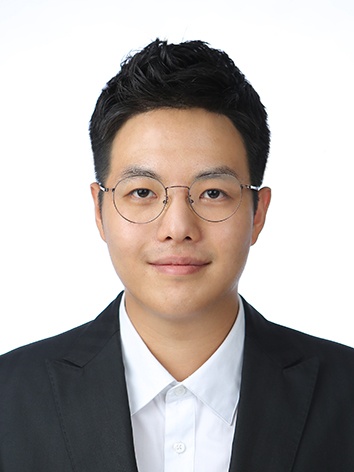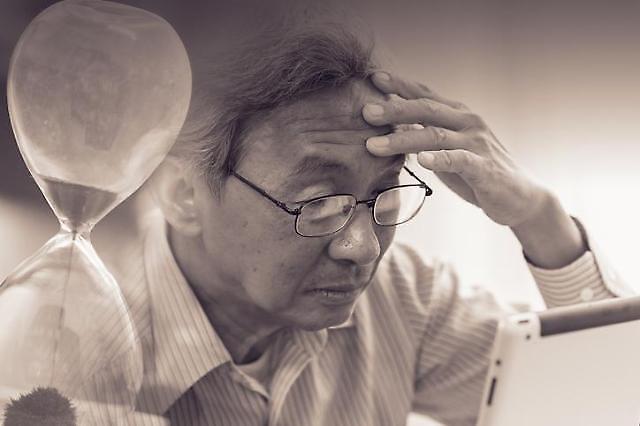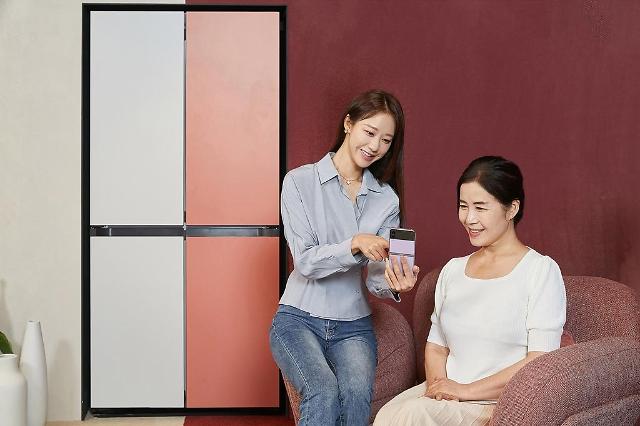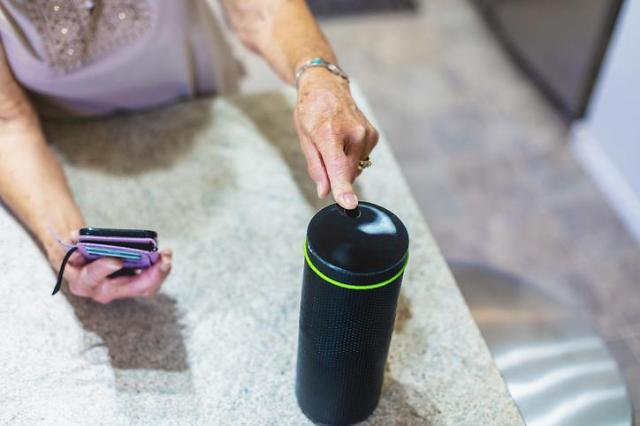
[Courtesy of Seoul City]
According to data released by the national statistics office in 2021, the number of South Korea's single-person households reached 6.64 million in 2020, accounting for 31.7 percent of total households. Some 50 percent of them were in their 40s. About 1.6 million are single households aged 65 or older. Some 43 percent of people who died of a lonely death in 2019 were elderly individuals.
Seoul has previously deployed smart plugs to 2,709 households since October 2020. The solution detects the electricity consumption of connected home appliances and the brightness of the room. If not enough electricity is consumed, the smart plug will notify caregivers so that they can immediately call elderlies or visit their homes to see if they are alright. A total of 154 emergency cases were detected and taken care of. Most cases took place in households of people who couldn't move by themselves or those addicted to alcohol.
Seoul said in a statement on May 3 that additional smart plugs will be deployed to some 2,000 households. The capital city will select vulnerable households in 25 districts. A total of 36,265 single households with a high risk of lonely death will be given priority. Government workers will visit households and help install the device. "We will take care of socially isolated households by installing smart plugs that allow us to regularly monitor and provide emergency treatment for households at risk of lonely death," Seoul official Ahn Hyun-min said in a statement.
Seoul is currently demonstrating an AI-based livelihood monitoring service that engages in verbal conversations for middle-aged and older people. The care robot regularly calls single households to check to see if they are eating and sleeping properly. It encourages human partners to exercise and quit unhealthy habits. South Korea's southern city of Naju adopted AI-based care services for old people suffering from dementia or depression by partnering with KT, the top domestic telecom company.




